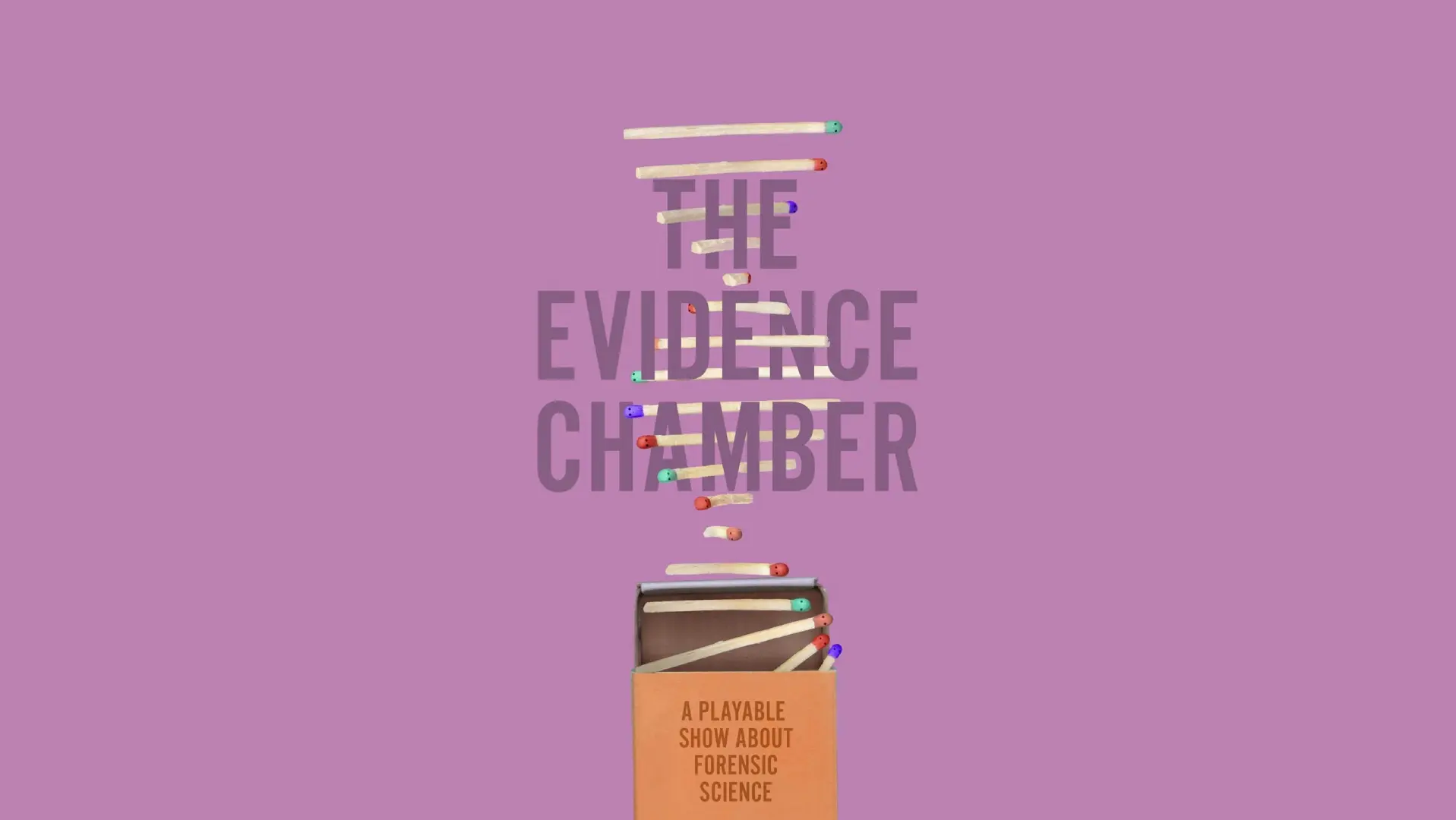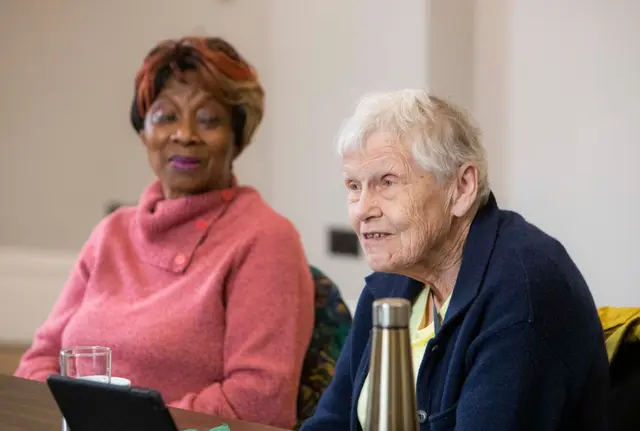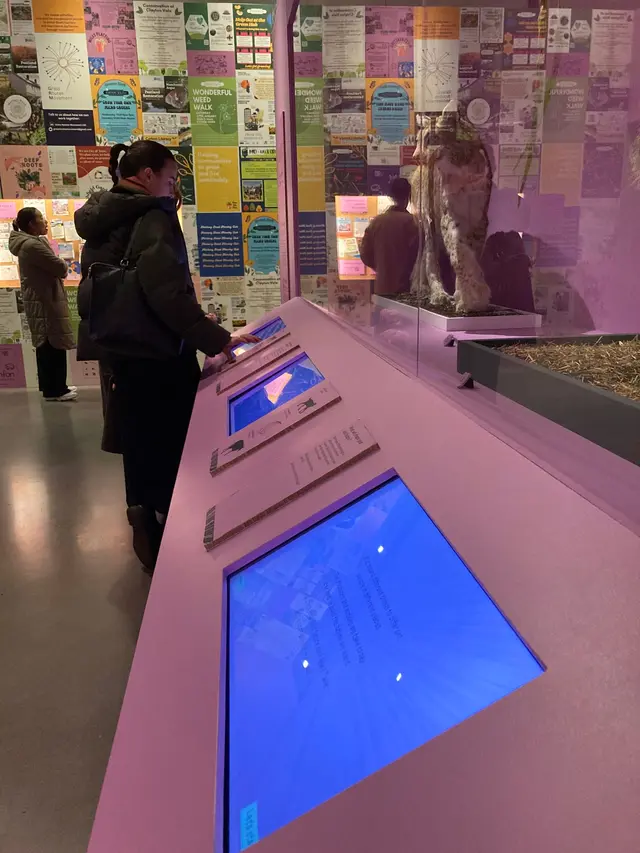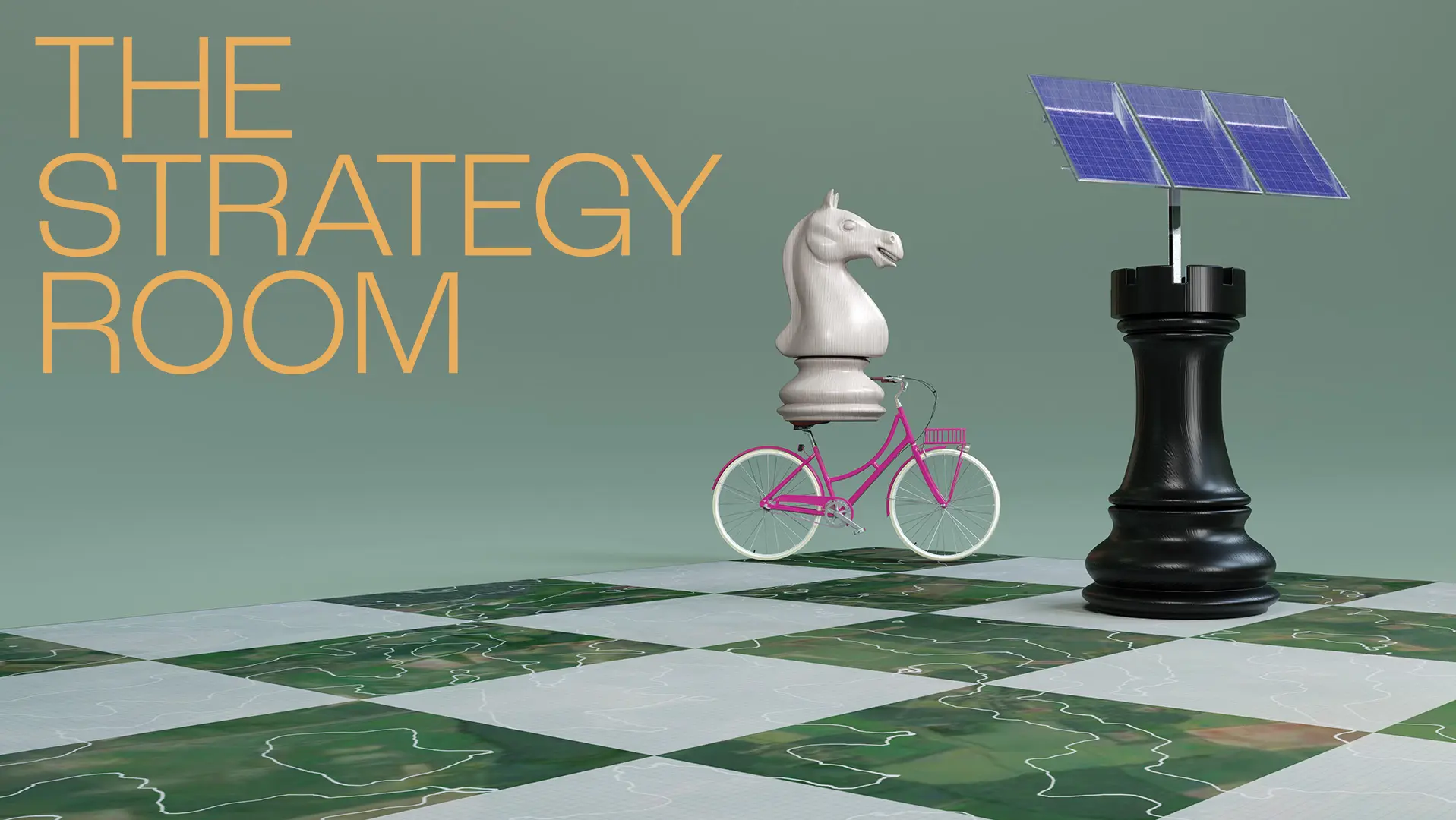
The Evidence Chamber
The Evidence Chamber was commissioned by the Leverhulme Research Centre for Forensic Science (LRCFS) at the University of Dundee. It was shortlisted for a 2021 Times Higher Education Award.
What do you want to do?
Introduction
Academic researchers, civil society organisations and think tanks often need to engage with the public - but many of the existing methods for co-creating new knowledge have severe limitations.
Focus groups require a specific skillset to run effectively and don’t always collect data that is easy to work with. Survey platforms can gather data, but people often complete them at high speed in order to earn points. It’s often hard to reach beyond ‘the usual suspects’, people whose viewpoints are already well-represented among the workforces of universities and third sector organisations. And if all that wasn't challenging enough, some important questions are difficult to articulate concisely to an audience of non-experts, which can make it hard to find out what the public think about them.
FF design and build innovative public engagement and research tools. We create the future of focus groups and surveys. We have extensive experience of making complex content accessible to non-specialist audiences without dumbing it down.
We’re a studio with one foot in academia and one foot outside: we understand research ethics and impact, the priorities of academics and the needs of a civic university but we are also experts in making difficult content accessible to non-specialist audiences and developing innovative, engaging, stable technical platforms.
We use narrative and innovative digital methods to help people imagine future scenarios more realistically, and enjoy the experience. Our use of neuroscience insights to structure activities results in high quality data. Our methods are scalable, enabling us to reach wide and diverse publics.
We’ve created a range of tools that can be adapted to new topics and purposes. We also have the capacity to create bespoke new tools. Our systems obtain consent and gather anonymised data, tracking the journey of an individual or a group through the process of engaging with a topic. We gather meaningful quantitative and qualitative data, which can be used to inform research, policy making and communication. Our methodologies are safe, secure and reliable.




Research with real-world impact.
Examples of FF's research and public engagement projects.

The Evidence Chamber was commissioned by the Leverhulme Research Centre for Forensic Science (LRCFS) at the University of Dundee. It was shortlisted for a 2021 Times Higher Education Award.

The Strategy Room was created with Nesta and UCL’s Climate Action Unit. It won the Citizen Experience & Insight category at the National Innovation Awards and was shortlisted for the Business Green Awards 2023 (Behaviour Change category).
Interdisciplinary collaboration x meaningful cocreation.
Every project starts with a conversation where we try to understand what you want to communicate or find out, and who your audience is. Our suggestions for the form that the activity takes will be informed by that - different audiences have different behaviours and amounts of time to spend and you’re most likely to have an impactful project if the activity is tailored closely to your audience’s habits and needs. We’ve made everything from 5-minute museum interactives to 2 hour immersive experiences to pervasive games to a mini golf course.
"I cannot recommend Fast Familiar too highly as partners. The whole process, from exploratory discussions to developing the funding application to actually realising the project was straightforward, fully collaborative and intellectually stimulating. They have a real understanding of the processes and demands of academic research in different disciplines. Crucially, their creations offer participants a stimulating and enjoyable experience, rather than being a mere data-gathering exercise. The emphasis on interactivity and debrief means that they are as much a form of impact and engagement as a research tool."
Once we know what you want to achieve and your timelines, we'll give you a budget with lots of detail - we believe that transparency breeds trust. Often this gets incorporated into a funding application, and we all cross our fingers and wait.
While working on the project, we meet agreed deadlines and communicate clearly about the project development. We're committed to co-creation and iterative testing with representatives of the eventual user group - this improves the quality of what we make, and ensures its integrity.
FF want to work on projects which - put simply and perhaps idealistically - make the world a better place. A quick glance at our back catalogue will show that we do a lot of work on climate action, on responsible use of technology, and on strengthening civic participation and democracy. We care about the projects we work on and we genuinely want them to have the most positive impact that they can.
If you're interested in finding out more about FF's research and public engagement work, you can check out our process blog:

In this guide -based on interviews with some brilliant public engagement practitioners- we try to get to grips with what public engagement is, why it matters and how you know when it’s ‘working’. We also talk about what artists can bring to the process.

When I started interviewing public engagement practitioners, I knew it would be interesting. What I - perhaps naively - hadn’t anticipated was the often difficult ethical questions that this work raises. So this is Awkward Corner...

At FF, we describe ourselves as a ‘digital story studio’. But sometimes digital isn’t the answer. For us, public engagement projects are always about balancing the needs of the audience with whatever research we’ve been tasked with engaging them with.